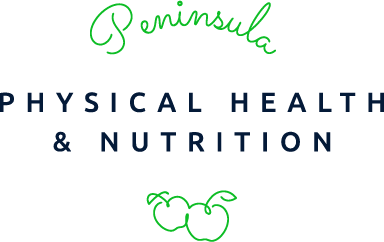Nutrients to consider on plant-based diets
There is a general misconception that following a plant based diet will automatically result in deficiencies. A plant based diet can be quite healthy and deficiencies can be avoided when following a well-balanced diet that incorporates a range of fruit, vegetables, wholegrains, legumes, nuts and seeds to ensure that the minimum nutritional requirements will be met. When making the decision to cut out animal based products it is really important to consider how the diet can be supplemented with plant based foods to ensure adequate amounts iron, B12. calcium and omega 3s.
Iron:
Iron deficiency can be avoided when following a vegetarian/vegan diet by including plant foods like:
- legumes,
- tofu,
- nuts and seeds,
- wholegrains (especially amaranth and quinoa),
- dried fruits and.
- dark green leafy vegetables.
The iron found in plant based foods is classified as non-haem iron and is not as readily absorbed as haem iron present in animal sources. To enhance the absorption of iron include vitamin C with meals including, citrus fruit, berries, kiwi fruit, capsicum, tomato, broccoli and limit tea and coffee to 30 minutes before and after meals as they can inhibit iron absorption.
Vitamin B12:
Vitamin B12 is only found naturally in animal products. In order to get B12 through the diet include B12 fortified products such as soy milks or vegetarian/vegan meat alternatives.
Due to the limited availability of B12 in plant based foods, supplementation may be required. Speak with your doctor about the best option for you.
Calcium:
Vegetarians that include dairy can get adequate calcium however the vegan diet excludes dairy and it becomes more important to include a range of plant based foods that are rich in calcium. These include:
- calcium-fortified plant based milks,
- calcium fortified tofu,
- almonds,
- unhulled tahini (sesame seed paste) and,
- green leafy vegetables like kale and Asian greens (e.g. bok choy, Chinese broccoli).
Omega 3:
Our body can’t make omega-3 fats itself, so it’s important to get them through food. Plant sources of omega-3 fats include:
- linseeds/flaxseeds,
- walnuts, chia seeds,
- soy bean oil and,
- canola oil.
For individualised advice make an appointment with our dietitians to ensure you are meeting your requirements to prevent deficiencies.





